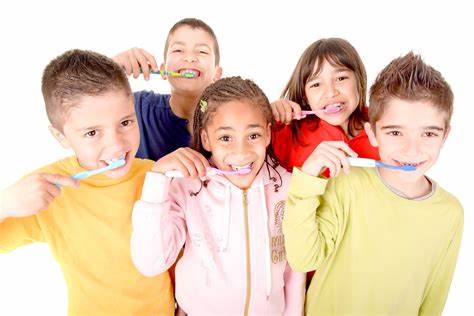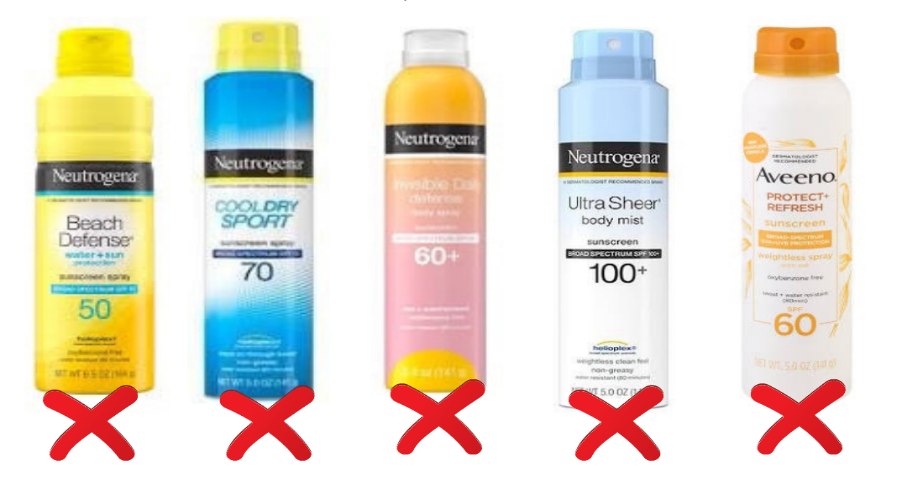
It is hard being a woman in a society that disapproves of aging women and favors straight hair. In fact, coloring and straightening hair is regarded as “professional,” “good grooming,” or “taking care of yourself.” But at what a cost — a new study shows hair dyes and relaxers are significantly associated with breast cancer…especially for black women.
The Journal of Cancer article showed the results of a study that tracked more than 45,000 women over eight years. Black women who regularly used permanent hair dyes had a 60 percent higher chance of developing breast cancer than black women who did not. White women had an 8 percent higher chance.
Women who used chemical hair straighteners were 30 percent more likely to develop breast cancer. While some white women straighten their hair, in the study three quarters of the black women straightened their hair.
Why the cancer link? The researchers pointed to toxic compounds in hair dyes known as “endocrine disrupters.” This means these compounds mimic hormones and interfere with normal hormone function, thus causing imbalances and an increased risk of cancer.
The chemicals used in products geared towards black women may be more “hormonally active,” according to researchers.
Women are increasingly being encouraged to choose health and longevity over toxic cosmetic options. For instance, a movement is under foot to embrace silver and gray hair and black women are encouraged to embrace their natural hair, with one state so far banning discrimination against black people who wear their hair naturally (many employers discriminate against black women who forgo chemical straightening).
Black women bear the brunt of toxic hair products
Although most commercial women’s hair and body products are laden with toxins, hair products aimed at black women contain a disproportionate amount of chemicals linked with early puberty, obesity, asthma, and cancer.
A 2016 study showed black women’s bodies contained higher burdens of the toxic chemicals found in hair products than in women of other ethnicities.
Researchers have so far identified more than 70 harmful chemicals in relaxers, root stimulators, and anti-frizz products.
Toxins in these products (and in other beauty products in general) have been shown to have the following impacts on health:
- Parabens and phthalates disrupt hormone function and are linked to early puberty and pre-term births.
- Nonylphenol is linked to obesity and cancer.
- Formaldehyde is linked to miscarriage risk and respiratory issues.
- Various compounds irritate the eyes and skin, burn and blister the scalp, damage hair follicles, cause hair loss, and cause respiratory disorders.
- Hair relaxers are linked to uterine fibroids in black girls and women at a rate two to three times higher than in other women. Uterine fibroids affect up to 80 percent of black women during their lifetime.
- Cosmetologists exposed to these products during pregnancy experienced twice the rate of miscarriages.
- Breast cancer is a leading cause of death among black women; they generally have a more aggressive forms of cancer compared to white women.
Just one product alone can contain 30 different toxic chemicals. How these chemicals affect human health when in combination with one another has not been studied.
Toxic hair products could help explain why black women suffer from more endocrine disorders than white or Hispanic women.
While these products harm black women, the Black Women for Wellness Report also points to the complexity and conflict between harmful hair products and the positive role of hair salons in black communities.
Ask my office for advice on how to lower your toxic burden, buffer your body from the effects of toxins in our everyday lives, and improve your overall health and well being.













